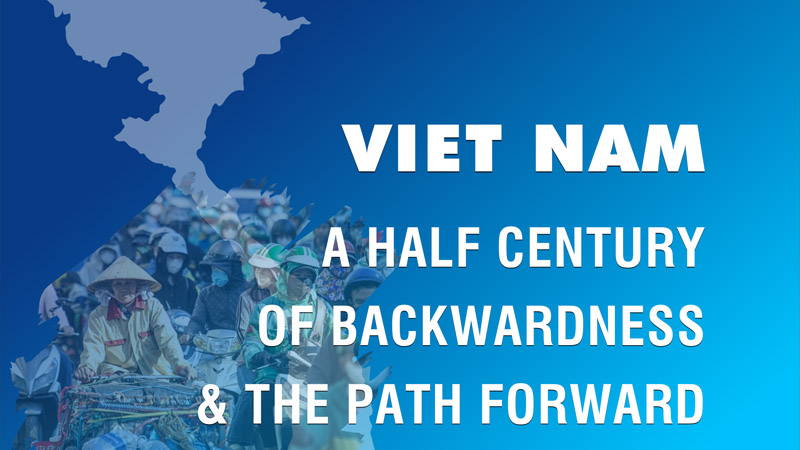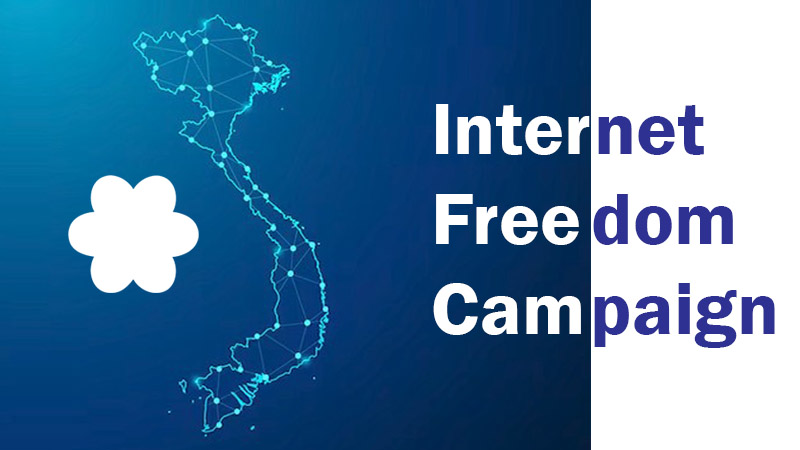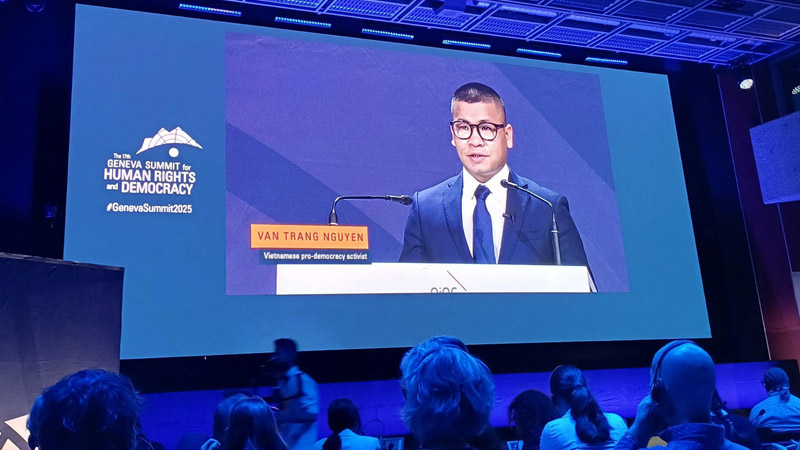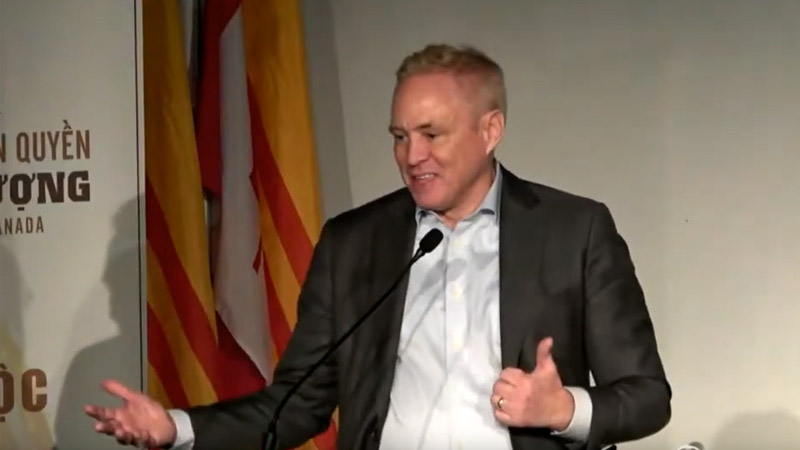December 24, 2008
Hanoi – The Vietnamese government on Tuesday announced regulations to tighten state control of internet blogs, a senior government official said Wednesday. Those posting items which oppose the state or undermine national security or spread works which violate Vietnam’s laws could face sanctions.
This may include opposing the state directly or posting links to sites banned in Vietnam, such as those which criticize the government’s human rights record.
“We have issued the circular aiming to create a legal framework to guide bloggers on what can they do and what they can’t do,” said Do Quy Doan, Deputy Minister of Information and Communication, who likened the regulations to a “guiding document.”
Penalties for violations remain unclear. However the circular specified responsibilities for Vietnam-based blog service providers, who under the regulations will have to monitor content, delete offending posts and provide the government with information on users.
In mid-November newspaper Thanh Nien reported that the Ministry of Information and Communication was planning to approach foreign service providers Yahoo and Google for help. Doan reaffirmed that the Vietnamese government will contact both.
Yahoo 360 is the favoured blogging, or web logging, platform for most in Vietnam and has a representative office in Vietnam, but servers are based in Singapore.
Blogging has become hugely popular in Vietnam, with millions logging on to write about their lives and thoughts. It has also become an alternative source of news and viewpoints for some in communist Vietnam, where newspapers are state-controlled.
Some have already felt the wrath of the government. Earlier this month blogger Dieu Cay, real name Nguyen Van Hai, was sentenced to two years in prison on charges of tax evasion, though many thought that the sentence had more to do with his outspoken blogging regarding the ownership of the Paracel and Spratly Islands. Ownership is contested by Vietnam and China and remains a contentious issue for the neighbours.
Some remain sceptical of the new edict. “I think the government should not use technical or administrative measures to control blogs,” said Le Bach Duong, Director of Institute for Social Development Studies in Hanoi. “These measures will hardly be effective.”
A blog post relating to the new regulations on Yahoo 360 today read, “I think it’s quite difficult to enforce.”





